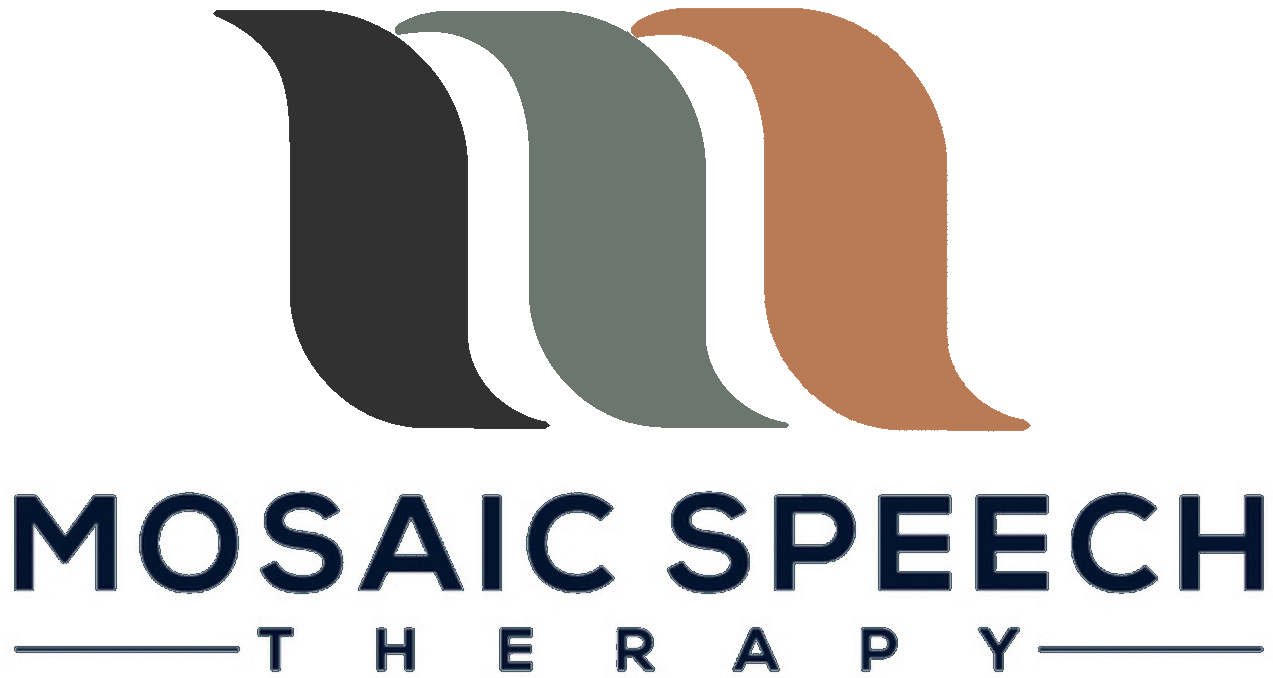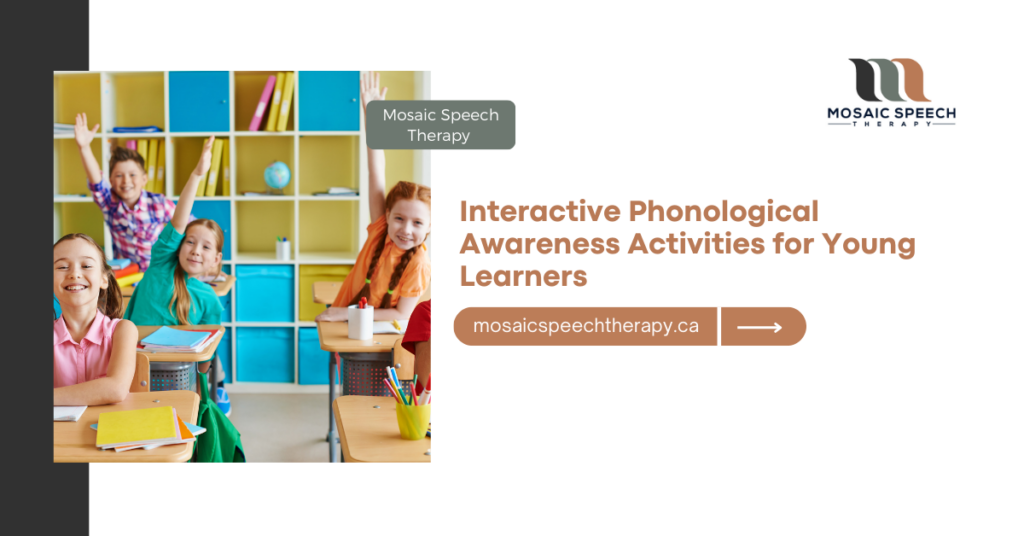Phonological awareness is the ability to recognize and manipulate the sound structures of language. It involves skills such as identifying rhymes, segmenting words into syllables, and recognizing individual phonemes. These abilities are essential for decoding words, spelling, and building strong literacy skills.
Understanding how children develop this critical skill can help parents, educators, and therapists foster a love for reading while ensuring academic success.

The Connection Between Phonological Awareness and Reading
Phonological awareness directly impacts a child’s ability to learn to read. Here’s how:
- Decoding Words:
Children with strong phonetic sensitivity can break down words into individual sounds and blend them to form words. This skill is crucial for reading unfamiliar words.
- Building Vocabulary:
Recognizing sound patterns helps children understand the structure of words, making it easier to expand their vocabulary.
- Spelling Proficiency:
Phoneme awareness supports spelling accuracy by helping children match sounds to letters.
- Reading Fluency:
Fluent readers rely on sound awareness to recognize word patterns and read with speed, accuracy, and expression.
Key Phonological Awareness Skills
1. Rhyming and Alliteration
Recognizing rhymes and repeating alliterative phrases helps children notice sound similarities in words, a precursor to decoding.
2. Syllable Segmentation
Breaking words into syllables makes it easier for children to decode and spell longer words.
3. Phoneme Identification and Manipulation
This involves isolating, adding, or substituting sounds within words. For example, changing the /c/ in “cat” to /h/ creates “hat.”
4. Blending and Segmenting
Blending individual sounds to form words and segmenting words into their constituent sounds are vital for reading and spelling success.
Signs Your Child May Need Phonological Awareness Support
- Difficulty recognizing rhymes or alliteration.
- Challenges in blending or segmenting sounds.
- Trouble with reading fluency and decoding new words.
- Struggles with spelling and phonics tasks.
If you notice these signs, seeking early intervention is crucial to prevent future reading difficulties.
How Mosaic Speech Therapy Helps Children with Phonological Awareness

At Mosaic Speech Therapy, we specialize in helping children develop strong phonological awareness through customized therapy plans. Here’s what we offer:
1. Comprehensive Assessments
We begin with thorough evaluations to identify each child’s strengths and areas for improvement.
2. Individualized Therapy Plans
Our evidence-based strategies are tailored to meet the unique needs of each child, ensuring effective progress.
3. Interactive Activities
Our sessions include engaging games, hands-on exercises, and creative tasks to make learning fun and impactful.
4. Parent and Educator Collaboration
We work closely with families and schools, providing resources and strategies to support speech sound awareness at home and in the classroom.
Helping Your Child Succeed with Phonological Awareness

Research shows that early support for phonological awareness can significantly improve reading outcomes. Children who develop these skills early are more likely to become confident, lifelong readers.
With our expert guidance and supportive environment, your child can develop strong phonological awareness and thrive academically.
For personalized assistance, feel free to contact us at info@mosaic-slp.ca or 587-292-0072.

